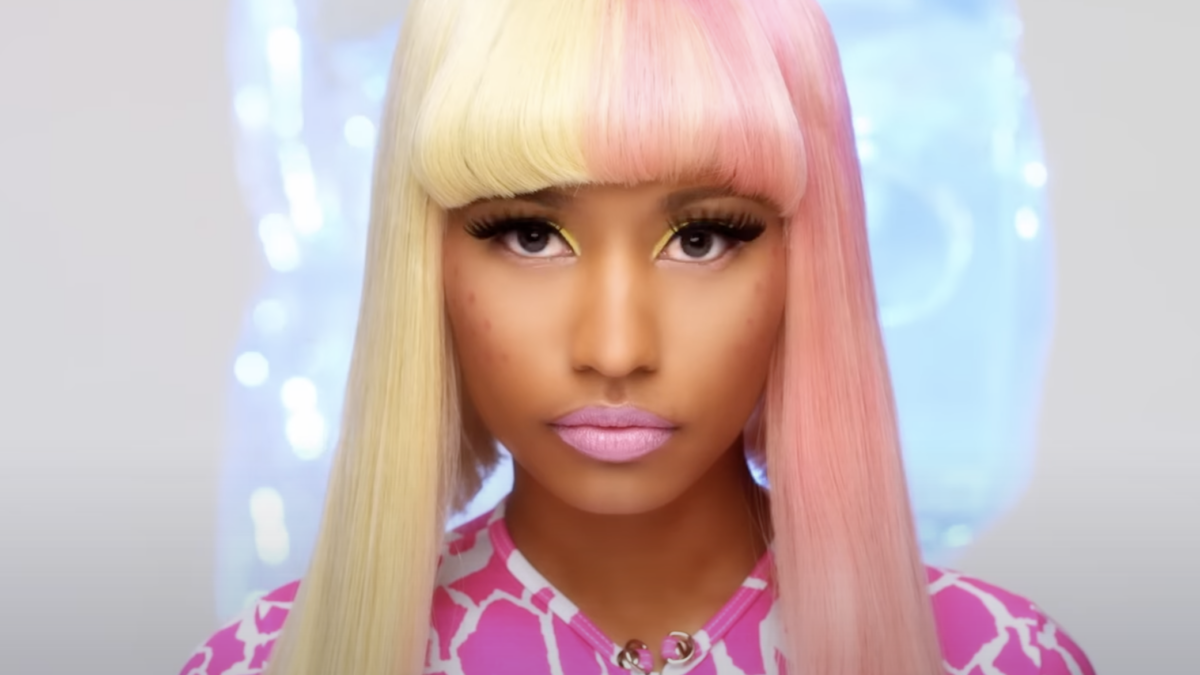Preceding the 2024 Super Bowl, President Trump posted on Truth Social, “I signed and was responsible for the Music Modernization Act for Taylor Swift and all other Musical Artists. Joe Biden didn’t do anything for Taylor, and never will. There’s no way she could endorse Crooked Joe Biden, the worst and most corrupt President in the History of our Country, and be disloyal to the man who made her so much money. Besides that, I like her boyfriend, Travis, even though he may be a Liberal, and probably can’t stand me!”
The 2018 Music Modernization Act updated decades-old legislation from 1976 and 1998, meaning it was a massive advance for creatives in the digital age. Guidelines and statutes protecting artists and providing them with fair income and representation in the world of streaming music were largely absent from anything prior. This act created a licensing collective, protected pre-1972 recordings, and allowed transparency in royalties and fair compensation for songwriters, essentially inflating the take-home for artists and writers.
The corporate media acted as if Trump’s claim were ridiculous. Left-wing articles were quick to discredit his claim and take the former president out of the equation entirely, with one Variety piece quoting an attorney who said, “Someone should ask him what the bill actually accomplished,” as if Trump was not aware of what he had signed into law.
Others in the industry took a much different view of the process. Rock and Roll Hall of Fame member Sam Moore said during the signing: “I’m so proud. When Mr. Bush was in, we couldn’t get it done. When we had Mr. Obama in, we couldn’t get it done. But we got it done with this man.”
David Israelite, president of the National Music Publishers’ Association, wrote in an open letter to Trump when he was still president-elect in 2016: “As you have said many times, Washington needs to change, and one of the changes we hope comes from your Presidency is fairness for one of America’s most important small businesses: songwriters.”
Later in the letter, Israelite directly noted that tech companies had a firm grip on the Obama administration. “Google, which owns the largest music streaming company in the world — YouTube — enjoyed a well-documented, close relationship with the White House, in particular,” which led to hostility towards artists. We know this relationship with Democrats existed because Google continued its unlawful surveillance of Republicans, as confirmed in reports over the last year.
Trump’s advocacy for small businesses and fair compensation aligns with his broader political agenda, despite criticism from some sectors of media and entertainment. One of the most prominent opponents of the Music Modernization Act was Blackstone. Blackstone-owned SESAC posed an 11th-hour threat to the future of the bill, which was lobbied for by countless creatives and legislators who eventually got the bill through. If big business is on one side, Trump and this legislation are firmly on the other.
Considering this was a multi-administration hurdle, it’s apparent that big government, big business, and Big Tech played a role. This act has meant that large-scale companies and streaming providers have had to adjust their entire pay scales to allow for songwriters to be compensated fairly for their work — songwriters much like Taylor Swift.
Swift endorsed Biden in 2020, but people fail to understand that the prospect of another Biden endorsement is more than that; it is big business and big tech lobbying a person — a parallel of what we see in the media, judicial system, and attacks on the former president. It’s not Trump launching a “petty” attack on Taylor Swift. Rather, it is the corporate media twisting his very reasonable statement to make it seem that way.
The incredibly hard work of an endless list of people is what accomplished the climb of this extraordinary summit — but we tried in past administrations. The entertainment industry may not like Trump any extra for this bill passing, but it certainly revolutionized an antiquated statute, preserved the rights of pre-1972 classics, and put more money in the pockets of creators both large and small. The list of music leaders on both sides of the aisle who have expressed credit and gratitude toward Trump is extensive: SESAC CEO John Josephson, Sound Exchange President Michael Huppe, A2IM’s Richard Burgess, then-Recording Academy President Neil Portnow, and more.
As a country artist and songwriter myself, I value President Trump’s appreciation for creatives, and as a political commentator and advocate for truth, I cannot continue to watch the media construct this trivial narrative against him.
The left likes to pretend the right always loses the culture war, but Donald Trump sits firmly at the intersection of politics and culture, with a hit TV show, a clear understanding of how to operate within the media, and, as of this past week, a sold-out sneaker collection. Not to mention, Trump has an intense love for music himself and, in my opinion, impeccable taste in it.









